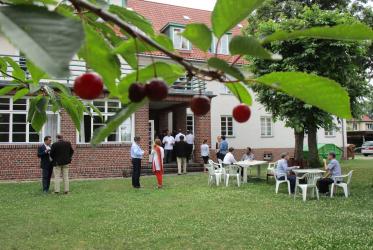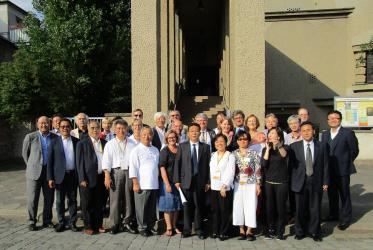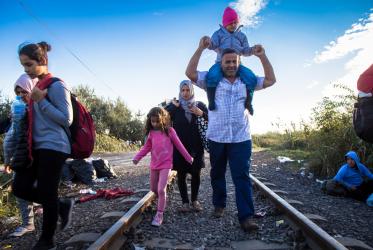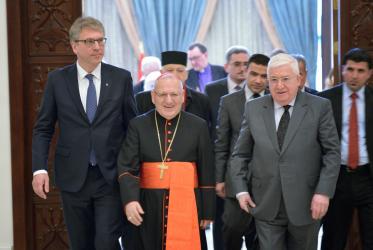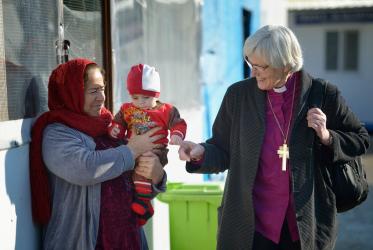Displaying 481 - 500 of 622
A voice for peace from Down Under
10 July 2017
WCC urges end to escalation in Korea
05 July 2017
WCC decries escalation of Syria conflict
07 April 2017
In Lebanon, refugees face hardship - but find hope
16 March 2017
WCC gravely concerned over Israel’s travel ban
09 March 2017
Seven weeks of Lent highlight water crisis in Africa
01 March 2017
“When everybody is building walls, the church can build bridges”
30 January 2017
“We can’t go back as long as we know we are not secure”
26 January 2017
